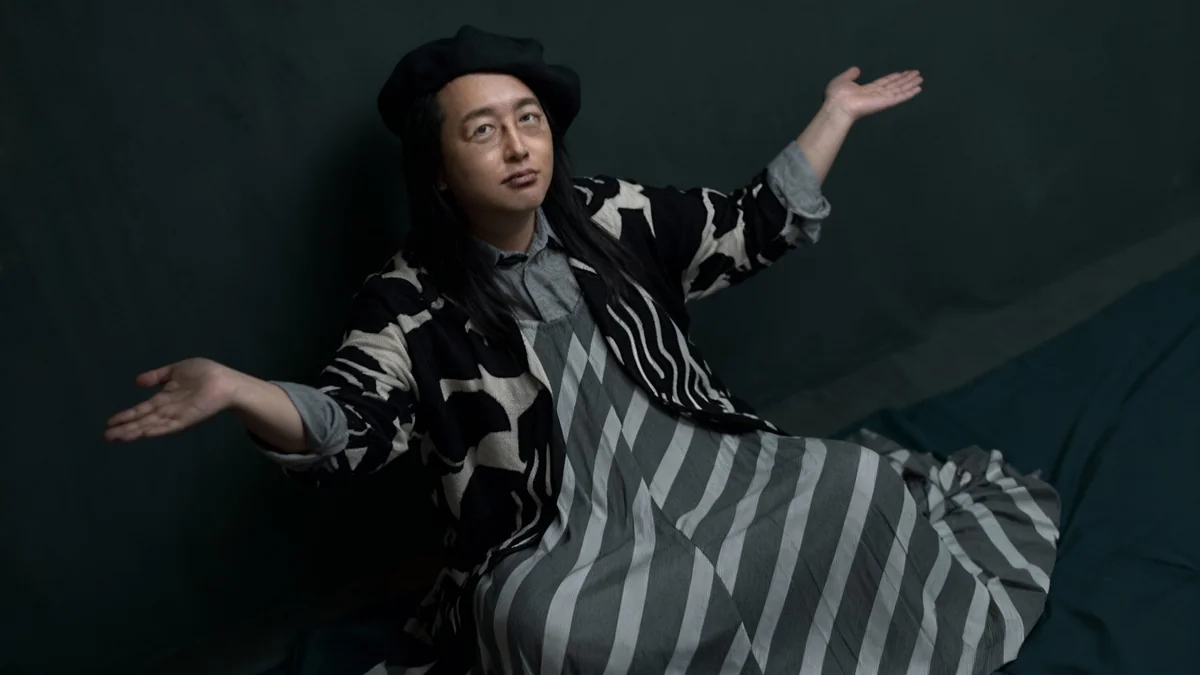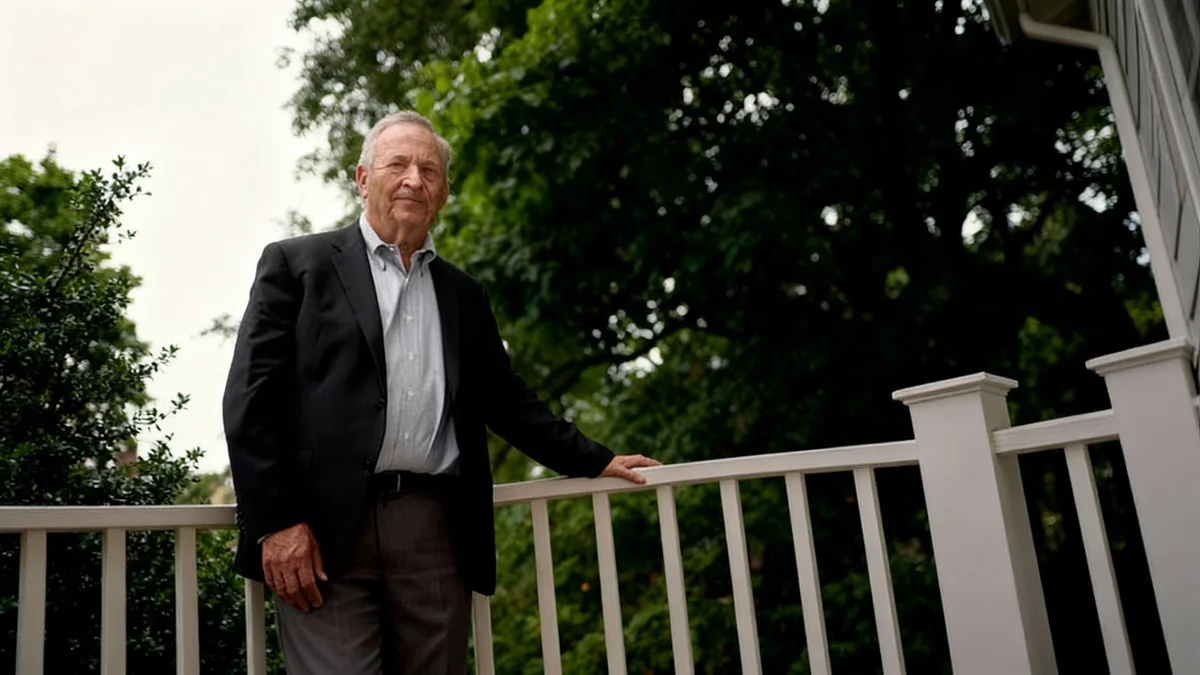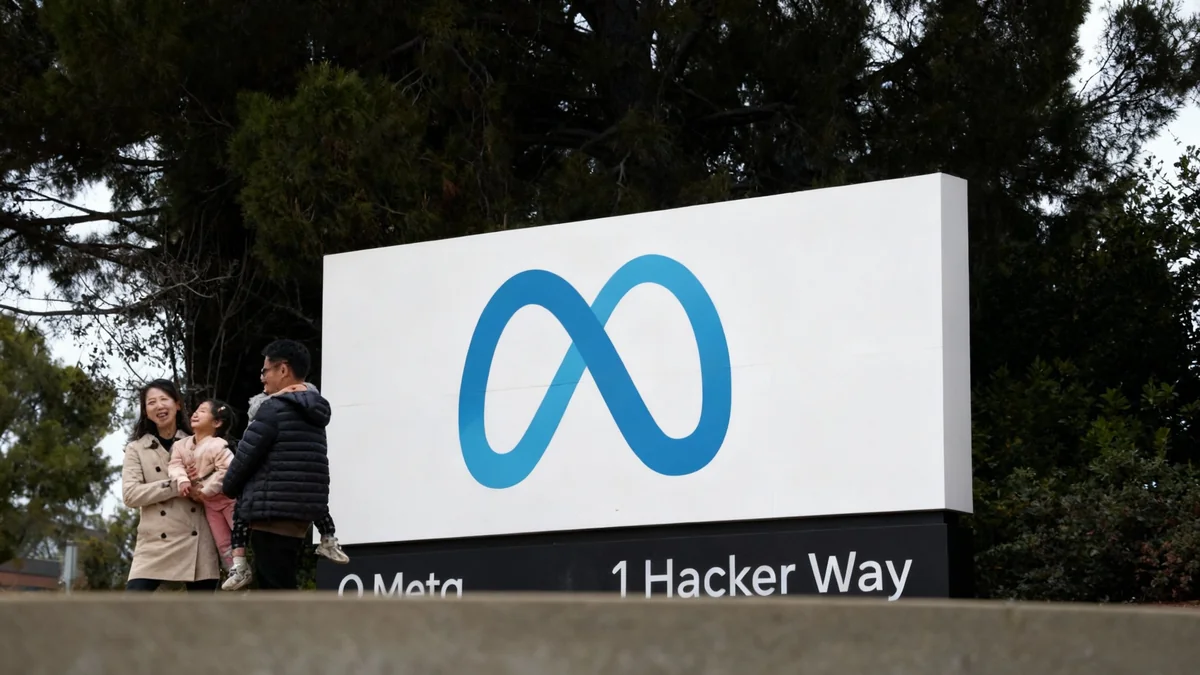Audrey Tang, Taiwan’s Minister of Digital Affairs, has been named a recipient of the 2025 Right Livelihood Award for pioneering the use of technology to enhance democratic processes and citizen engagement. The award, often referred to as the 'alternative Nobel Prize', recognizes Tang's work in building systems that foster collaboration and combat online harms.
With a background as a self-taught programmer and civic hacker, Tang has spent nearly a decade in government implementing innovative digital solutions. Her approach focuses on what she calls "plurality," a concept that uses technology to bridge divides and find common ground among differing viewpoints, directly challenging the polarizing effects of modern artificial intelligence.
Key Takeaways
- Audrey Tang, Taiwan's Digital Minister, has won the 2025 Right Livelihood Award for advancing social uses of digital technology.
- Tang promotes a philosophy of "plurality," using technology to find solutions from conflicting viewpoints rather than letting it cause division.
- She co-created ROOST, a decentralized tool to combat online child sexual abuse material by converting images to text to protect victims.
- Tang's work has influenced international projects, including a civic engagement platform in California and political movements in Japan.
From Civic Hacker to Government Minister
Audrey Tang’s journey into government is unconventional. At 15, she left traditional schooling to pursue a career in technology, eventually working in Silicon Valley. Her political involvement began with g0V, a collective of technologists dedicated to creating a more transparent governance model in Taiwan.
This work was foundational to the 2014 Sunflower Movement, where students occupied Taiwan's parliament to protest a secretive trade deal with China. Tang's group provided the technological infrastructure that allowed protesters to communicate and organize effectively, demonstrating the power of a connected citizenry.
Appointed as Digital Minister, Tang became the first transgender person to hold a cabinet position in Taiwan. Her initial goal was to rebuild public trust, which she notes had fallen to just 9%. Through initiatives promoting transparency and direct citizen participation, approval ratings reportedly climbed to 70% by 2020.
"The internet can really listen to and amplify what the people actually feel on the ground, instead of just the few people that are the key opinion influencers or gatekeepers," Tang stated, reflecting on her early motivations.
The Philosophy of 'Plurality'
At the core of Tang's work is the concept of "plurality," an alternative to the idea of technological singularity, where artificial intelligence surpasses human intellect. Tang dismisses the notion that a superintelligence is needed to solve humanity's problems.
"We don’t need super intelligence to save us, because we’re already a superintelligent species," she explains. "We just need to move from singularity to plurality."
Her approach treats societal conflict not as a problem to be suppressed, but as a source of energy. Tang likens it to geothermal power, where the heat from disagreement can be harnessed to generate constructive solutions. This philosophy underpins her belief that technology should serve people, not the other way around.
Democracy and the Internet in Taiwan
For Taiwan, the rise of the internet and the establishment of democracy occurred simultaneously. The country's martial law, which lasted 38 years, was lifted in 1987. The first presidential elections were held in 1996, coinciding with the creation of the first web browsers. According to Tang, this parallel development has fused the two concepts in the nation's identity. "For us, one cannot exist without the other," she says, comparing them to the inseparable elements of bubble tea.
Pioneering Tools for Digital Safety
Tang's principles have been put into practice through several key projects. One of the most significant is the Robust and Open Online Safety Tools (ROOST), a system designed to combat the spread of Child Sexual Abuse Material (CSAM).
Developed for the 2025 Paris Artificial Intelligence Summit, ROOST is a decentralized system that allows different online communities to develop their own safety standards. It addresses a critical challenge in fighting CSAM: sharing evidence without re-victimizing individuals or violating privacy.
The ROOST system uses an innovative method to track abusive material. It converts sensitive images into text-based data signatures. This allows platforms to identify and block illegal content without storing or transmitting the actual graphic material, thereby protecting victim privacy and complying with legal restrictions.
Practical Implementations
During the COVID-19 pandemic, Tang's office developed a real-time map showing the availability of face masks at pharmacies across Taiwan. This simple, effective tool helped manage public anxiety and ensure equitable distribution. Other initiatives include campaigns against disinformation and deepfakes, and declaring broadband internet a human right in Taiwan.
Exporting a Model of Digital Democracy
Tang's influence extends beyond Taiwan's borders. She actively collaborates with international leaders to adapt her models of civic technology for different contexts. "No democracy is an island — not even Taiwan," she notes, emphasizing the need for global cooperation.
Her work has included:
- Engaged California: Assisting California Governor Gavin Newsom's administration in creating a platform for citizens to provide input on managing the state's devastating wildfires.
- Inspiration in Japan: Takahiro Anno, a Japanese AI engineer and writer, launched a political campaign for governor of Tokyo after reading Tang's book, Plurality. He built a platform based on her principles and, despite being unknown, secured over half a million votes.
Through these collaborations, Tang is demonstrating that the tools and philosophies developed in Taiwan can be applied globally to strengthen democratic institutions and restore trust between citizens and their governments. Her work continues to champion a future where technology empowers communities rather than dividing them.





